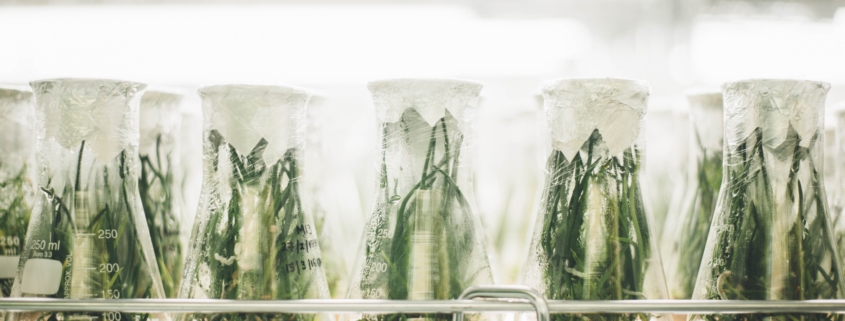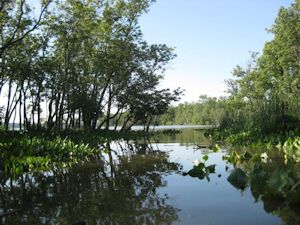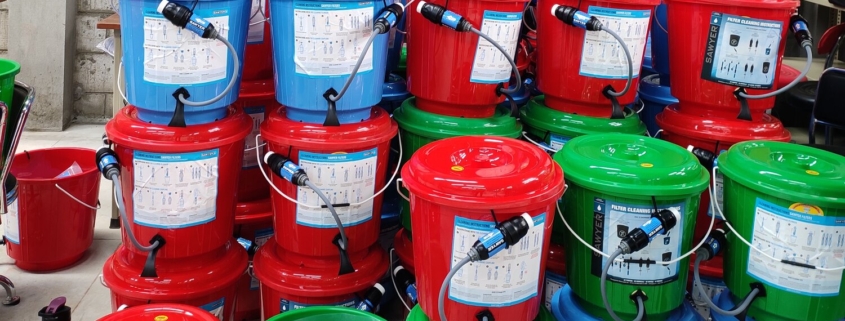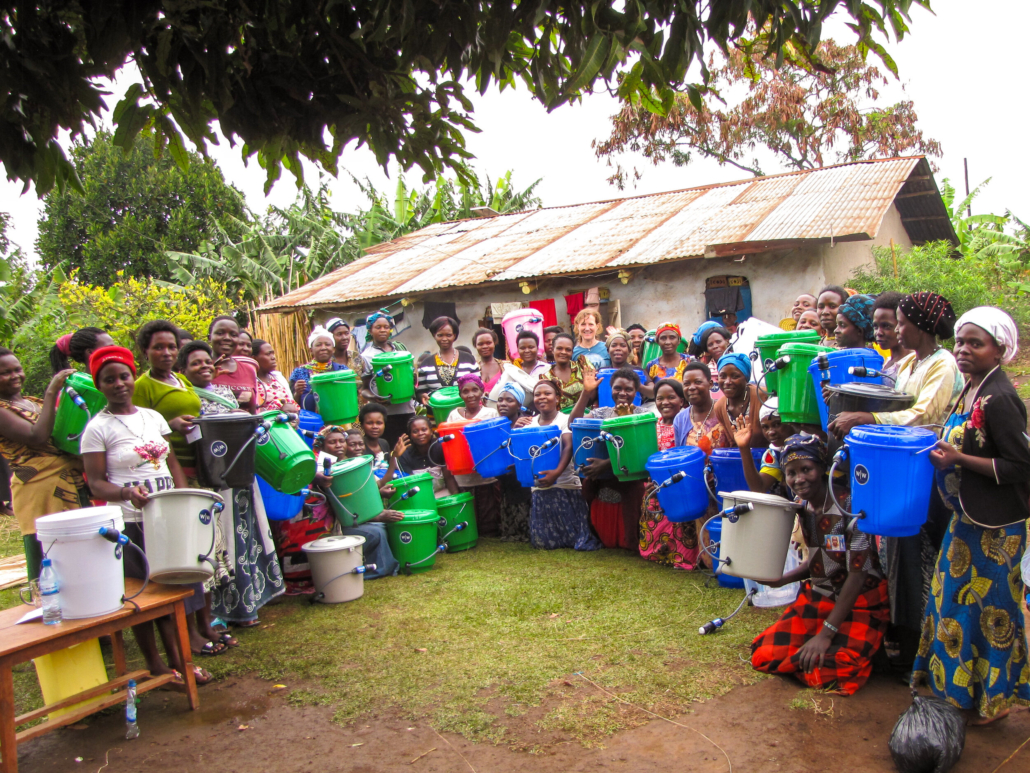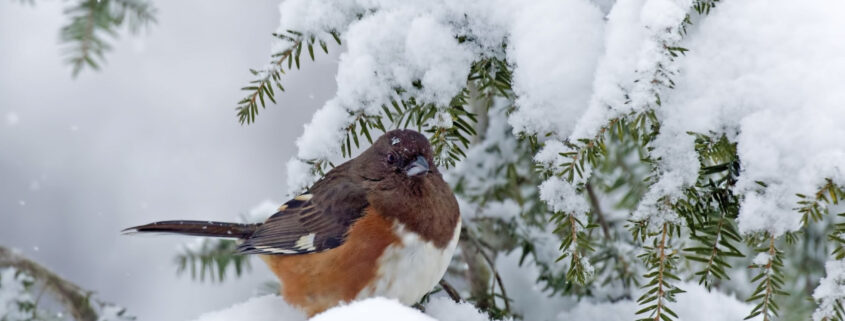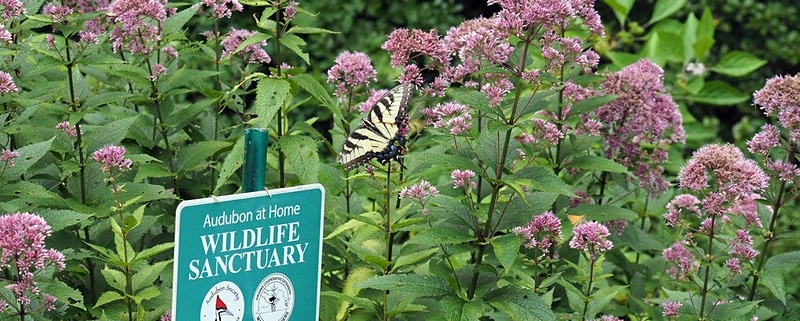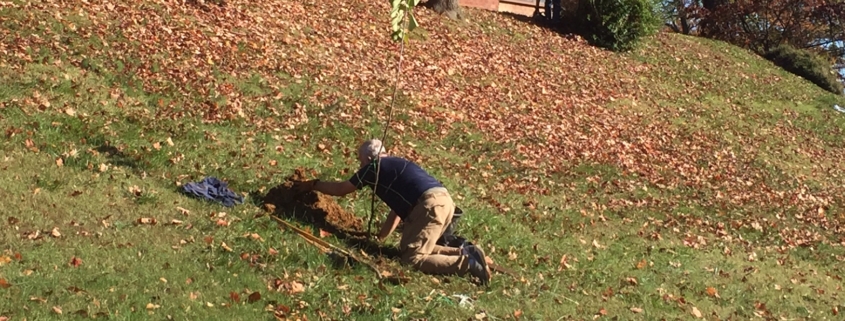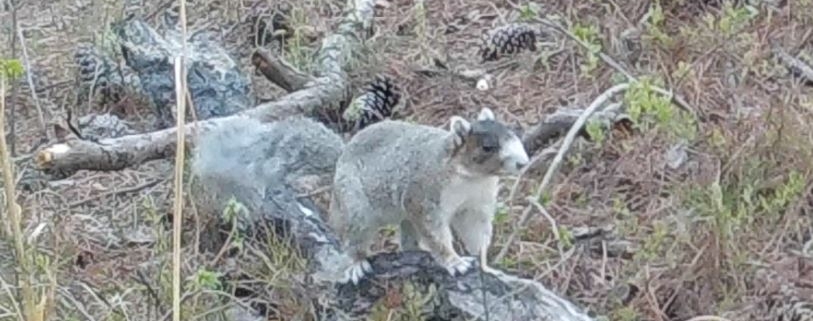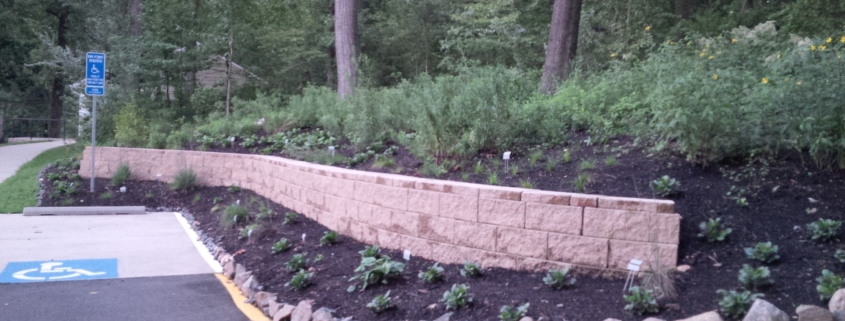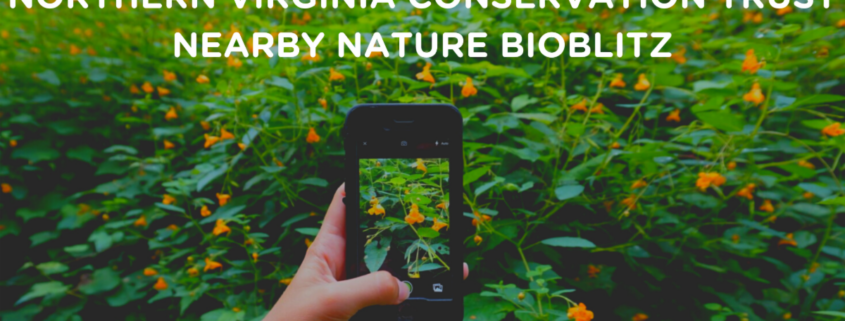Photo of Eastern Towhee by Bob Howdesell, CBC
Central Loudoun Christmas Bird Count
When: Monday, December 28, 2020
Join Loudoun Wildlife Conservancy as they participate in the National Audubon Society’s annual Christmas Bird Count. The count circle has a 15-mile diameter and covers 177 square miles of Loudoun’s countryside: north to Waterford, south to Aldie, east to Ashburn, and west to Purcellville. LWC will not be holding an in-person Tally Rally this year but may do something virtual. If you are interested in participating for just a couple of hours or the entire day, sign up here.
Reston Association’s Winter Bird Count
When: Saturday, January 2, 2021 7 am – 12 pm
Half-day annual bird count throughout Reston natural areas. Meet local bird experts, obtain tips on identification, and help with collecting vital information about our feathered friends. Register using code 106201205 or call (703) 476-9689, ext. 5, by December 30th.
Audubon Society of Northern Virginia plans to hold the 39th Manassas-Bull Run Christmas Bird Count on Sunday, December 20. This year’s count will be different, in light of the pandemic.
Instead of recruiting new participants, they will be limiting the count to last year’s participants who want to do the count under conditions that conform with pandemic restrictions, including wearing masks, maintaining social distance and carpooling with household members only. Instead of their count day lunch gathering, they will have an online “tally rally” in the evening of count day. If you participated in last year’s count, you should have received a message about participating this year.
If you were looking forward to volunteering for the first time for this CBC, they hope you’ll understand and volunteer next year. BUT there are still ways you can join the spirit of the count! Consider these possibilities or invent your own:
Join the Free Zoom CBC Celebration and Summary:
Learn about highlights of this year’s CBC and celebrate with the CBC community. Register here.
Do Your Own Count:
Walk through your neighborhood or visit a park or refuge to gather observations and report your personal findings via eBird. (see below) Be sure to practice social distancing and wear a mask if within six feet of others!
Learn More About Useful Identification and Database Applications:
The Cornell Lab of Ornithology has a suite of useful tools and sites related to birding.
Explore many aspects of birding (species, hotspots, regions, etc.) at ebird.org.
You can also take a free course on their eBird smartphone application that allows you to document the species you see or hear. https://academy.allaboutbirds.org/product/ebird-essentials/
Take a free course on using another great smartphone app, Merlin Bird ID and other tools at https://merlin.allaboutbirds.org
Play learning games about birds at https://academy.allaboutbirds.org/learning-games/
Project FeederWatch:
Count birds that visit your feeders from the safety of your home or yard. Submit data from your sightings to contribute to winter and early bird counts. The 2020–21 FeederWatch season began on November 14 and ends on April 9. You can still sign up, and the last day to start a two-day count is April 8. Details are at https://feederwatch.org.
CBC Feeder Watchers:
If you reside in the Manassas-Bull Run CBC circle, you can count your feeder birds on December 20 and send a report that can be included in the official count. Contact the CBC compiler Phil Silas, epsdcva@aol.com for details.


